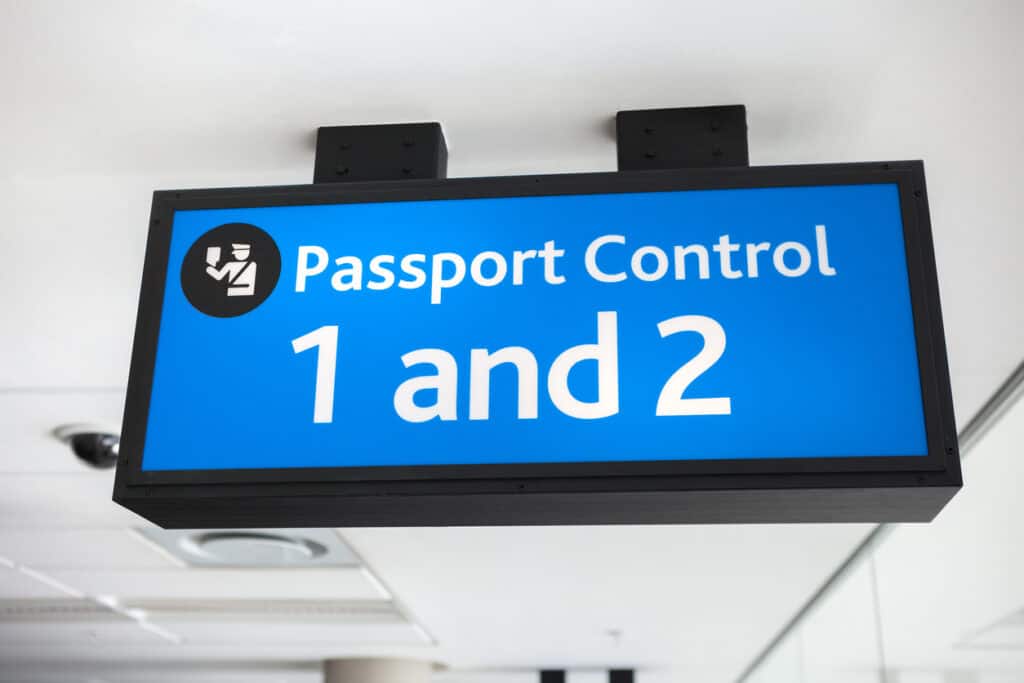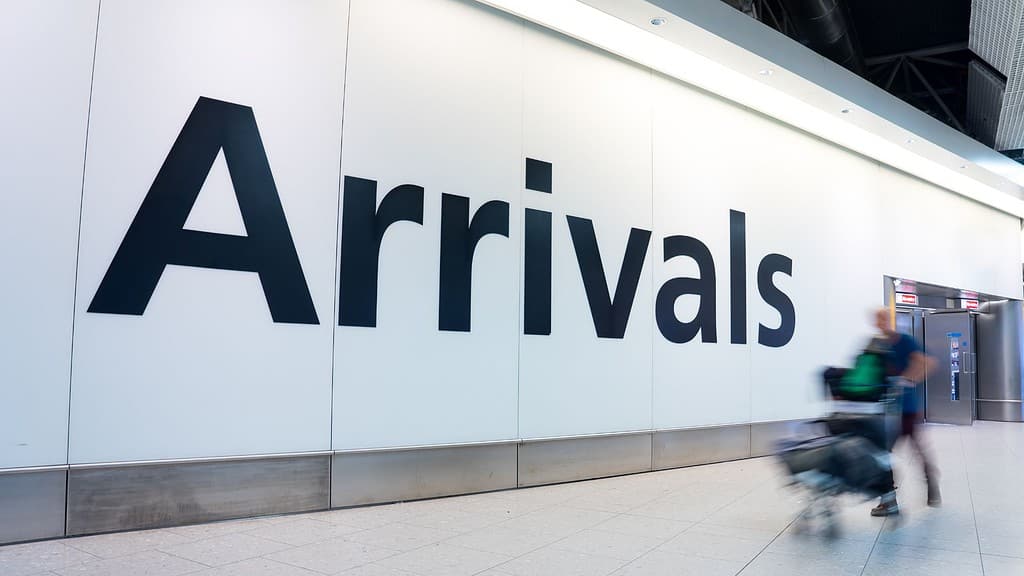James Tooze reflects on a big few months for UK immigration policy
Will future immigration policy support research and innovation?
08 Feb 2019
A whistlestop tour of immigration policy is never going to be easy. I’ll attempt to reflect on what has happened, what is happening and what is to come in as concise a manner as possible. But it has to be said, if immigration policy was easy, I’d have a lot more time on my hands to write something less complicated.
The needs of science and engineering
The Migration Advisory Committee (MAC) published a report on the EEA workforce in the UK. Aside from what we learned from its findings, the MAC made policy recommendations that the Government may decide to act upon in shaping its immigration policy. We felt that this presented us with a challenge: to inform Westminster in how these recommendations could affect science and engineering. We produced a briefing for Parliamentarians, setting out how the MAC recommendations stacked up against our principles for an immigration system required to support research and innovation.

We argued that in order to meet the Prime Minister’s stated ambition for the UK to “be open to the brightest and best researchers”, the UK must create a streamlined immigration system that facilitates frictionless movement, has proportionate system rules, is founded on robust evidence and is fit for the future. At first glance, the MAC recommendations did not meet those needs. The next step was for the Government to signal its intent for the future of immigration policy.
The Government sets out its stall
The Government published its white paper on immigration the week before Christmas. It probably was not something that featured on many letters to Santa, but the long-delayed document did outline the direction in which the Government wishes to proceed with immigration policy. As was mooted by the Home Secretary, the proposals mean that the UK will seek to treat all foreign nationals, including EEA citizens, the same.
The Government accepted all but one of the MAC’s recommendations, perhaps crucially the recommendation that wasn’t completely accepted was the salary threshold required for the recruitment of foreign nationals. The Government says it plans on implementing a salary threshold, but wasn’t convinced that the threshold should be set at £30,000 p/a.
We are pleased to see that the Government have signalled their intentions to remove the cap on skilled workers. This presented a huge problem late in 2017 and through the first six months of 2018, the scale of which we uncovered, prompting Government to change policy in the current non-EEA migration system. We are also pleased to see the removal of the Resident Labour Market Test, something that has added burden to the recruitment process. Evidence from the MAC showed that migrant labour had not undercut the wages of the UK-born workforce.
However, the white paper presents what is effectively an expansion of the current non-EEA migration system with a few ‘bells and whistles’. Charges currently associated with recruiting a skilled worker in, one of the most expensive in the world, look set to remain. Organisations will be required to pay fees before recruiting an international worker. Small, innovative businesses in particular stand to be affected most severely. A white paper is not law, and until changes are made to the immigration rules we will continue to attempt to influence and shape the future of immigration policy.
What happens next?
Following the white paper comes a bill, allowing the Government to repeal freedom of movement and implement its own immigration system. So far, the bill has passed through second reading in the Commons, though the Committee stage has been delayed (apparently it’s a busy time in Westminster…). During second reading, many members of the House of Commons made powerful contributions in advocating for science and engineering.
Among those was Diane Abbott, Shadow Home Secretary who said:
“many science research roles have starting salaries of around £22,000, and the 1% pay cap imposed on the public sector has held down wages in public sector science in particular. A salary threshold is wrong in principle and setting it at £30,000 would have an extremely damaging impact on science and public services”.
She also highlighted how the end of free movement for “other groups of UK workers, including UK scientists” could “limit their ability to work on pan-European research projects”.
Vicky Ford, Conservative MP and member of the Science & Technology committee, also picked up on the crucial role of immigration in facilitating research:
“This country has world leaders in science research, and we are a world leader because people come here from all over the world. We must make sure that we remain open to the best brains and the best talent, but that does not just mean the top professors; it also means skilled lab technicians and PhD students, and we need to make sure our visa system works for them, too.”
Many others commented on the proposed salary threshold, during the debate, raising concerns that £30,000 would be too high for all sectors, including research. The importance for an immigration system to support science and engineering was highlighted by members from all political parties. It is important to recognise the potential barriers for science and engineering, and we are now turning our focus to support the development of Government immigration policy with these barriers in mind
The Home Office intends to open a 12-month consultation period on its white paper. This will include the rights of individuals on visits and business trips, short-term work migration, the level to set a salary threshold at and on physically crossing the border. CaSE will continue to work with Government to create an immigration system that facilitates the types of people and types of movement required for research and innovation to thrive.
Related resources

A week on from the publication, Policy Manager Camilla d’Angelo takes a look at some of the questions that remain to be resolved and what to expect next for the Immigration White Paper.

Policy Manager Camilla d’Angelo takes a look at what the Immigration White Paper means for attracting international R&D talent to the UK.

In advance of the forthcoming Immigration White Paper, CaSE and 35 other organisations have written to select Westminster Parliamentarians.

This briefing summarises attitudes to immigration, international students and researchers, and their impact on UK R&D. It is based on evidence from a nationally representative survey of 4,100 UK adults in June 2024 and two focus groups in December 2024.